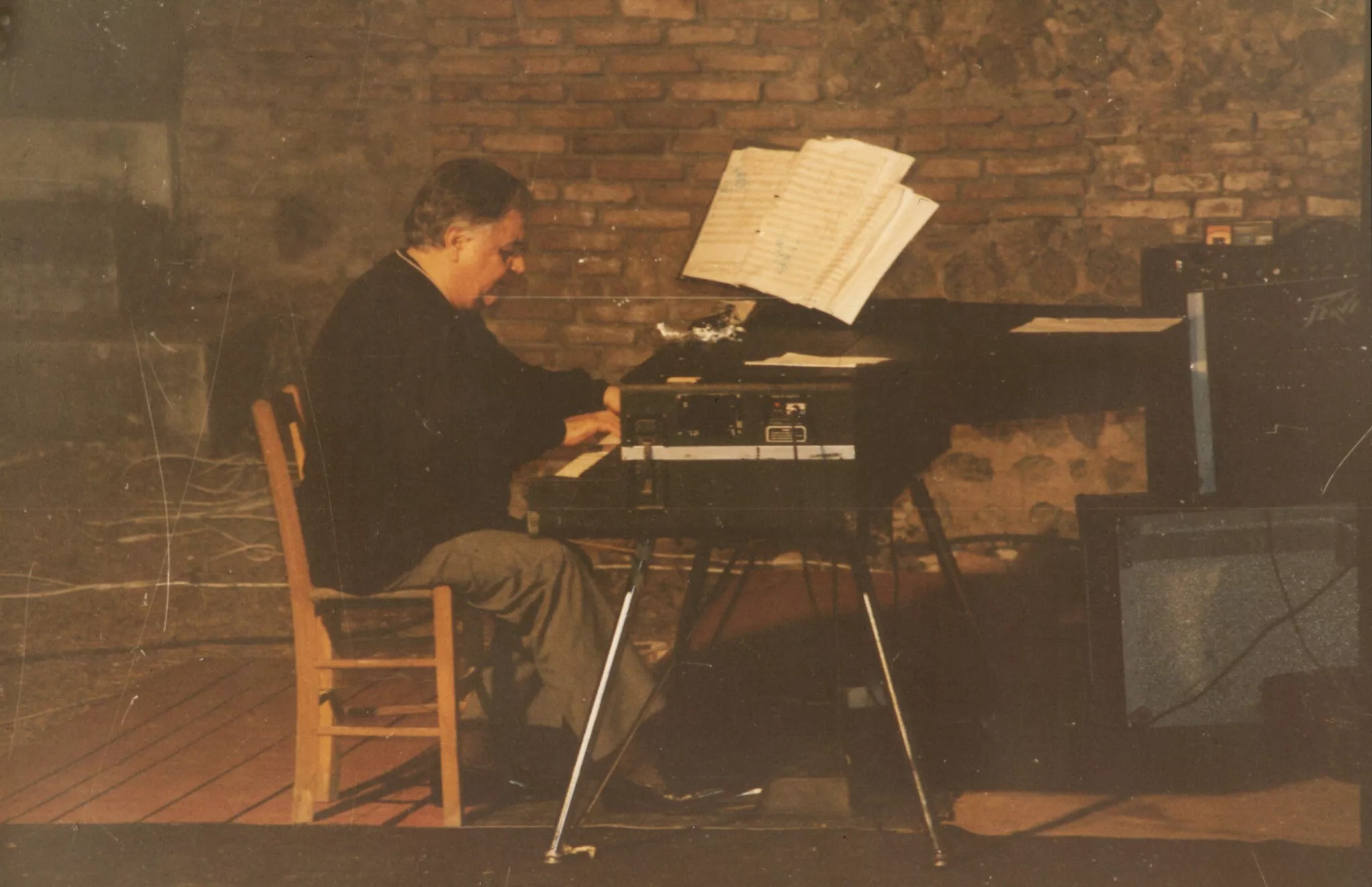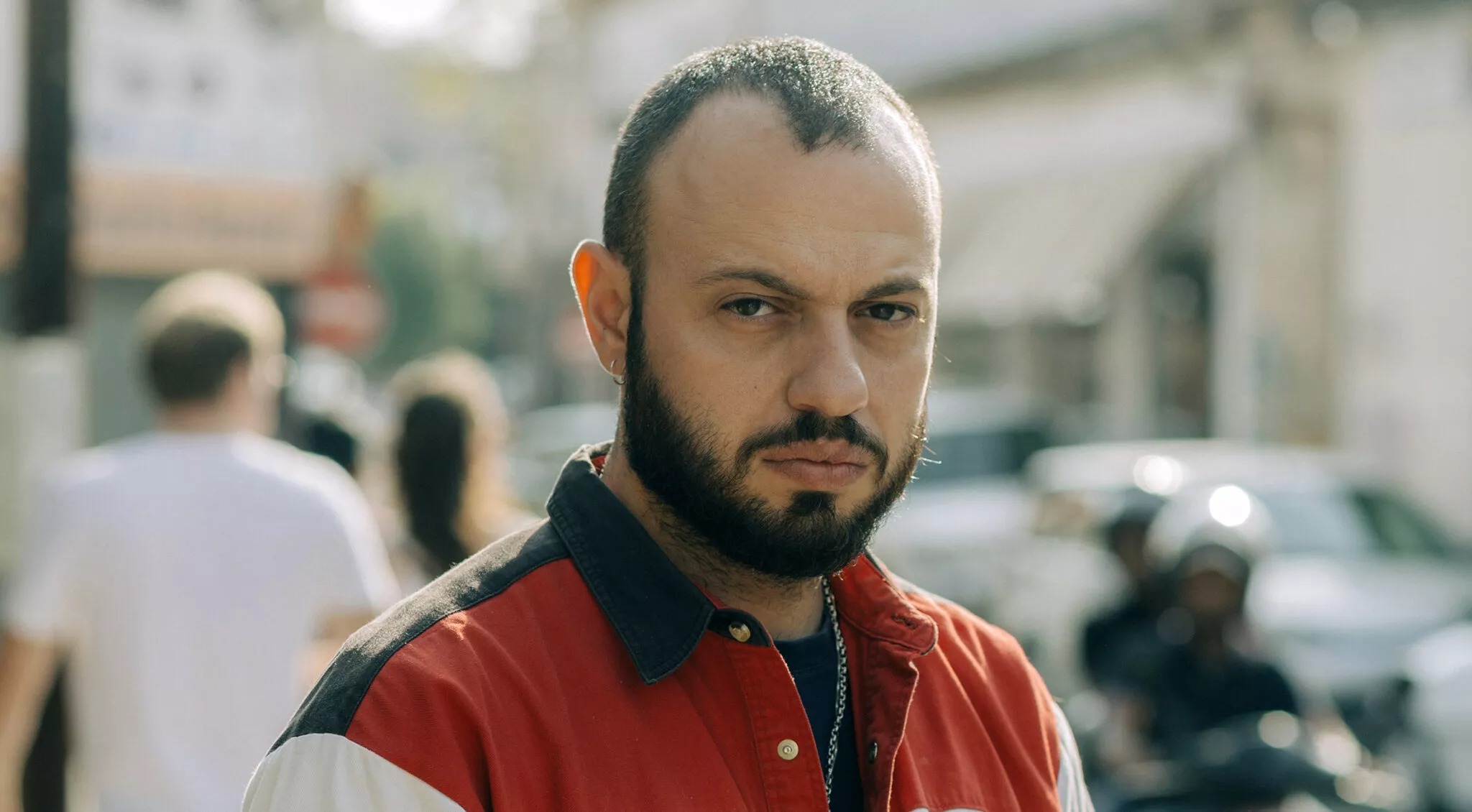Manos Hadjidakis’s century is just beginning
Source: in-cyprus.com
Manos Hadjidakis never feared Time. On the contrary, Time was his best friend. He had got the measure of it. He teased it, scolded it, mocked it, sang “Mr. Antonis” to it, treated it to ouzo in Plaka and pasta at Zonar’s, loved it. And somewhere at the crossroads of the boulevards of Beauty and Sensitivity, he made Time his own forever.
That June afternoon in 1994, when the Mona Lisa’s smile froze, I had just finished my second year of high school, and what I remember most is the silence, the half-light.
Unlike other larger-than-life Greeks who were claimed by death around that time—like Melina, or later Aliki, or Andreas—in Manos’s case, the farewell happened “behind closed doors”: no public funeral, no pilgrimage of mourners.
Especially in our era—if we remember what happened, for example, in 2021 at Mikis Theodorakis’s send-off—this lack of noise would be unthinkable.
Yet if Hadjidakis could somehow be described, it would be through the silence between his notes, the breaths between sounds. How else could you describe a man who made the entire world resemble music?
In the wild fog of late adolescence, I couldn’t quite grasp what exactly it was that moved me, that stirred me. Was it the serenity behind the melancholy or the irony behind the serenity? Years passed before I began to realise that he didn’t compose to console but to awaken. Only he did it with the most torrential subtlety.
He departed at an unfortunate juncture, just as Greece had already begun to lose its measure and bearings. Is it a coincidence that he himself functioned as a metronome of aesthetics and ethics, as a filter separating the essential from the verbose?
He was the touchstone, the axis, the compass, the reference point in all things Greek, yet simultaneously something that transcended it, that belonged to everyone yet to no one. Deeply realistic, yet metaphysically grounded like no other.
Few dealt such decisive blows to the soft underbelly of ugliness. In an era of “grand visions”, he defended simplicity. He was the voice of harmony, aesthetics, and moderation in the desert of Greek pretension, superficiality, and sensationalism.
In a Greece of bombast, he spoke in whispers, but the essence of his words thundered in everyone’s ears. He always operated beneath the dust cloud.
If life had given him another 20 years, what would the country be like? Perhaps he could have still kept it closer to good taste. Would the breath of a man who was neither accommodating nor predictable have synchronised with the downward spiral that followed?
And if he hadn’t existed at all? If that child who saw the swallows of Xanthi as notes on a musical staff had never been born? Would Greece truly be a different country, even noisier, even more immoderate, more tasteless, more “easy”?
Would we today be able to distinguish emotion from melodrama, light from glare? Would we ever grasp that beauty is a matter of ethics? Likely our space would be richer in noise. We would miss even more the rule, the rhythm.
On the other hand, he was also a child of his time. And, simultaneously, of a time that hasn’t yet come. He had within him the discipline of the bourgeois and the imagination of the dreamer.
He spoke of today with frankness and of tomorrow with humility. He had the talent to connect the everyday with the sublime. He was interested in truth, not recognition. He wasn’t captivated by the stage but by the moment. He didn’t create or think to be heard but to exist.
But was he a gift or a product of his time? Why doesn’t our era produce “Hadjidakises” anymore? Perhaps we can no longer bear so much truth, so much beauty? Perhaps now we only produce “content” creators rather than substance?
In the end, he didn’t teach us to sing, but to function musically. Not to save for small lives, but for big ideas. That’s why his century didn’t end. It’s only now beginning.
Because he wasn’t simply a composer, but a force of realisation about how a civilisation can exist when it remembers itself: noble, stubbornly human, unsubmissive to lies and vulgarity.
His music doesn’t belong to the past, but to the continuous present of those who continue to believe that sensitivity is an act of resistance.
Each time a child learns to distinguish the beautiful from the cheap, each time someone defends the right to poetry amid the clamour of the world, Hadjidakis’s century will begin again and again.
Despite the fact that he didn’t write music to be remembered but so that we would remember what we could become.
The original article: belongs to in-cyprus.com .




